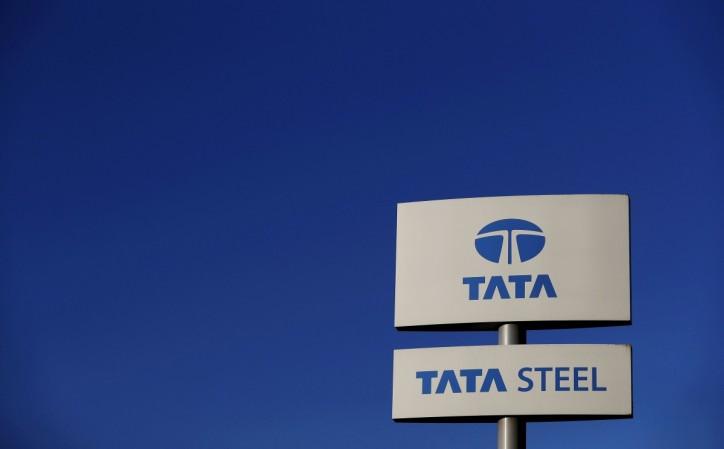
After Tata Steel announced that it had tweaked the roles of two of its top executives TV Narendran and Koushik Chatterjee, it is now speculated that the decision was taken in tune with the company's plans to merge with Thyssenkrupp in Europe.
The board of Tata Steel met on Monday, October 30, and promoted managing director, India & Southeast Asia, Narendran to the post of global chief executive and managing director, and group executive director and chief finance officer Chatterjee is now executive director and CFO, reported the Economic Times.
It is also being said that though Narendran has now been given a larger role in the firm, things may change once Tata Steel's merger with Thyssenkrupp is completed. With this, Tata Steel is also aiming to expand its footprints in India and Tata Sons chairman N Chandrasekaran has said that the brand is capable of doubling its presence in the country.
Meanwhile, the brand's merger with ThyssenKrupp was also debated for a while. Even though it had often been said that Tata Steel may not merge with the latter, the two firms signed a memorandum of understanding (MoU) in September. This deal makes the firms the continent's second-largest steelmaker after ArcelorMittal.
Amid these discussions, Chatterjee had earlier told the business daily that Tata Steel's merger with Thyssenkrupp depended on quite a few factors, one of which was the pension scheme issue being resolved. "A fair resolution of the pension scheme in the UK will be key to securing Tata Steel's future prospects in Europe, be it in pursuing a merger with Thyssenkrupp or running a lean and profitable business in high-value steels," Chatterjee said.
The Indian multinational steel-making company had earlier made news for paying bonuses worth £25 million to its top European managers, at a time when UK workers have been taking pension cuts to keep the British business floating.
The "retention" bonus was reportedly awarded to about 100 top managers at the UK and Dutch offices.

The details of the payments made were leaked by a Dutch whistleblower, after which the company admitted that these bonuses had been paid to senior managers, reported the Financial Times. Additionally, the officials at Tata Steel also said that the retention bonus had been paid as per the terms and conditions of the said managers' contract.
When FT got in touch with the officials regarding the payments, the website was shown a letter that Tata Steel's chairman Andrew Robb had sent to the employees of the company on Wednesday, July 12. The letter said: the company offers "a range of short and longer-term incentives for employees at all levels so we can attract and retain the appropriate skills for the future."
After this, several trade unions had slammed the firm and said that "Tata Steel managers should hang their heads in shame."
The Unite trade union added: "It's remarkable that bonuses of such kind have been paid out to senior bosses at a time of great upheaval and uncertainty for the company. Workers on the shop floor whose livelihoods have been hanging by a thread and pay frozen will understandably be less than impressed."













